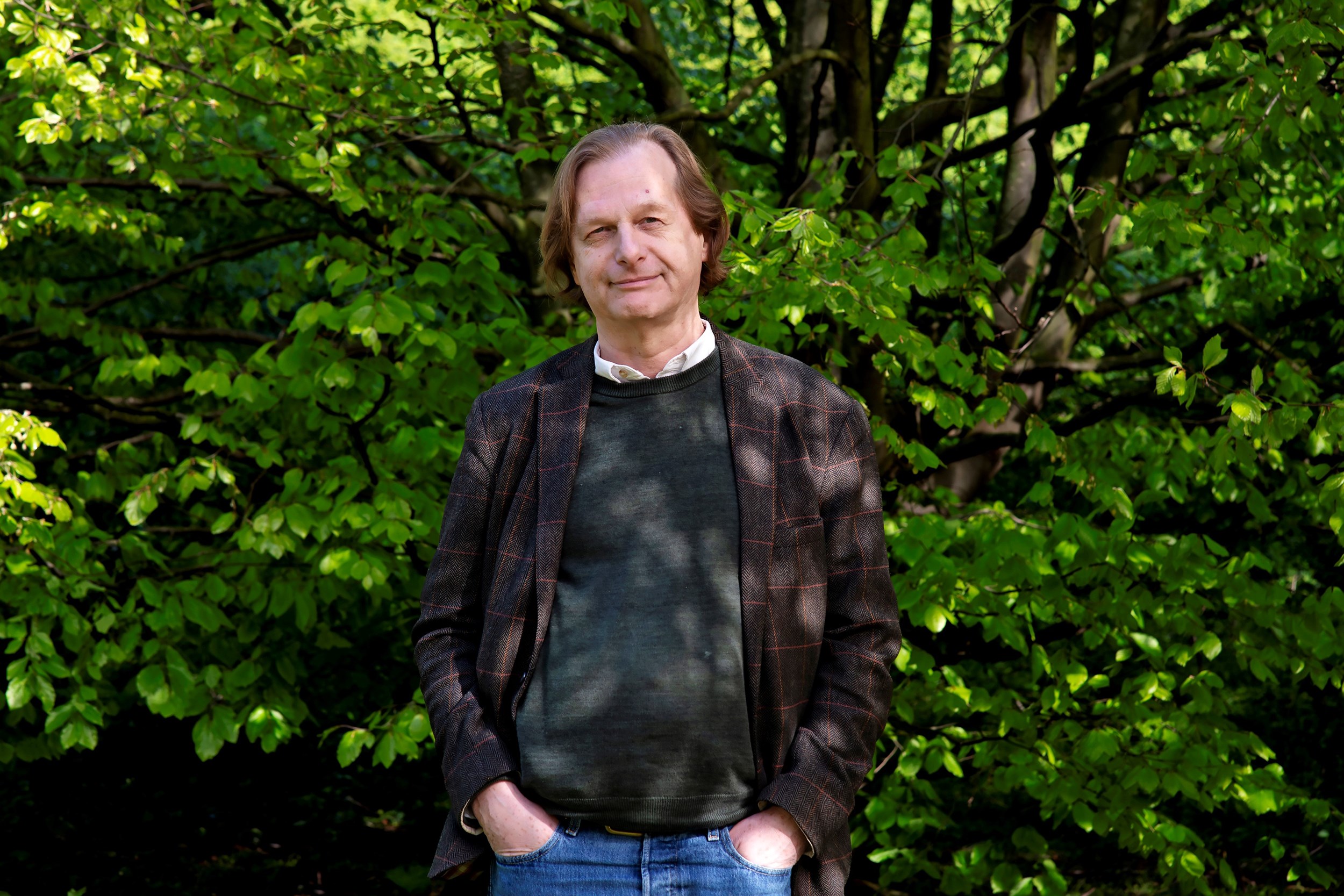Report of the successful MACCH Conference 2017 Participatory Practices in Arts and Heritage
On 17 and 18 March 2017, the MACCH annual conference ‘Participatory Practices in Arts and Heritage’ took place in Maastricht. The event was attended by an international group of researchers and professionals from a diverse set of backgrounds, including academics, policy makers, legal and museum professionals.
Day one consisted of lectures and a roundtable discussion on the topic of Digital Participations and a keynote speech by Prof Dr Gabriella Giannachi, of the University of Exeter. Giannachi presented a survey of the rise of the phenomenon of participation in a range of fields and disciplines, including the arts, sciences, politics and economics as well as touching upon the problematic nature of the term ´participation´. Her paper concluded with a presentation of the initial findings of the Cartography Project (a cartography of participatory arts practice and the art museum), a collaboration between the Tate, the University of Nottingham, and the University of Exeter, which aims to build a prototype platform to host the history of socially engaged participatory practices in art museums and galleries together with its stakeholders.
Day two of the conference featured another keynote speech, this time by Dr Jeroen Boomgaard of the University of Amsterdam. In his speech, ‘Participating Places: Towards a Theory of Misunderstanding,’ Boomgaard used a number of examples of well-known artworks displayed in public spaces to analyse the way in which art attempts to communicate with a community. Roundtable discussions on the topics of Community Art Practices and Local Heritage: Policy, Projects and Participation followed, as well as a panel on the topic of Urban Participation which involved case studies from across Europe. The final two panels ran in parallel and focused on the concept of participation within specific settings, within a legal context and within the museum context: Law, Dispute Solutions & Art and Learning in the Museum. A lively debate continued throughout the conference regarding normative assumptions surrounding participation; as well as the feasibility and even desirability of increased participation in a variety of settings.
Also read
-
A study conducted by the Easo led by Prof. Gijs Goossens of Maastricht UMC+ and Dr. Luca Busetto published today in Nature Medicine.
-
Bas van Hooren conducted NUTRIM research on preventing injuries and on the future of personalized sports. He defended his PhD, June 17th.
-
For the series "The societal impact of UM research", Professor Christopher Brewster was interviewed by Observant's Dennis Vaendel. This edition is entitled "How UM computer scientists are developing software for farmers".


